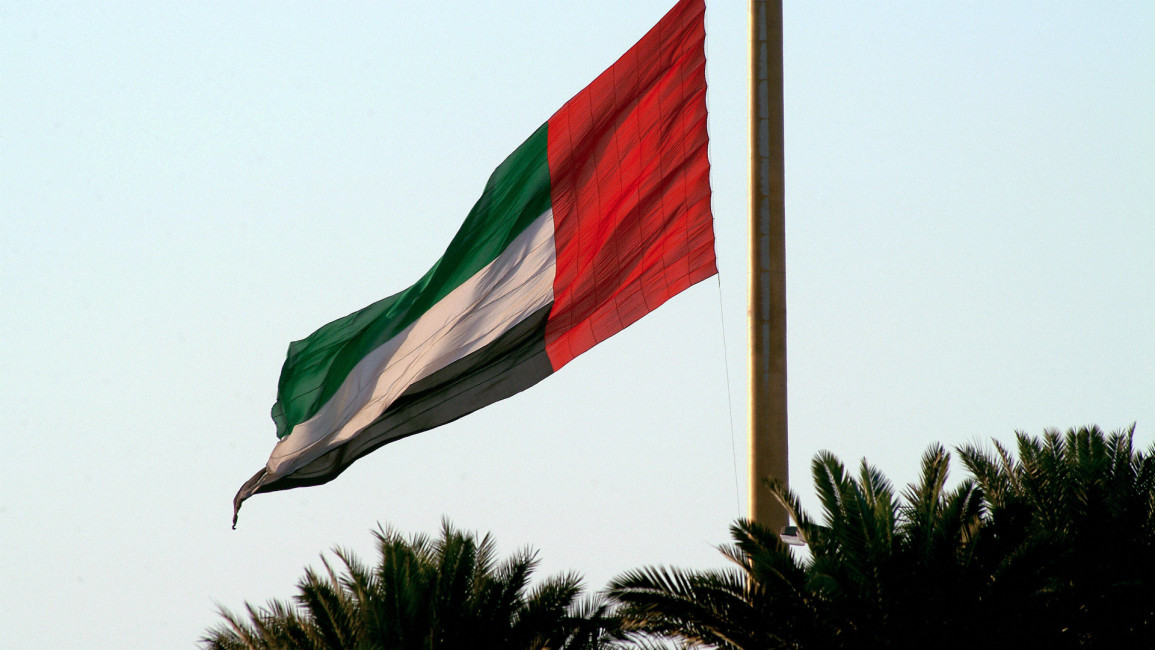UAE to deposit $250 million in Sudan's central bank as protesters denounce Gulf interference
The United Arab Emirates on Sunday announced it would deposit $250 million in Sudan's central bank as part of an aid package following the overthrow of former president Omar al-Bashir.
Both Saudi Arabia and the UAE have pledged to send financial and humanitarian aid to Sudan in the aftermath of Bashir's overthrow.
As early backers of the country's ruling transitional military council, the Gulf allies' aid has not been received well by protesters who have decried Saudi, Emirati and Egyptian "interference" in their country.
Protesters worry that behind-the-scenes maneuvers, coupled with open offers of billions in aid, will entrench counter-revolutionary military rule in Sudan.
The state-owned Abu Dhabi Fund For Development signed an agreement with the Sudanese central bank "confirming the deposit", Emirati state news agency WAM said.
In total, the oil-rich Gulf states have pledged to inject $500 million into the Sudanese central bank and a further $2.5 billion to provide food, medicine and petroleum products.
The deposits in the central bank are aimed at shoring up the weak Sudanese pound, the official Saudi Press Agency reported.
Sudan has been in the midst of an economic crisis for years, which protesters blame on corruption and economic mismanagement by the regime. The crisis deepens after the secession of South Sudan in 2011, which saw the removal of most of Sudan's oil wealth.
Sudan's transitional military council on Saturday agreed with the protest organiser-led opposition umbrella group, the Alliance for Freedom and Change (AFC), to form a new transitional council.
While the military and the AFC are still in negotiations to decide upon the composition of the council, they have both agreed that the country will be ruled during a two-year transitional period by a joint civilian-military council.
The military has also agreed to one of the protesters' key demands, that a civilian government be established to deal with day-to-day affairs.



